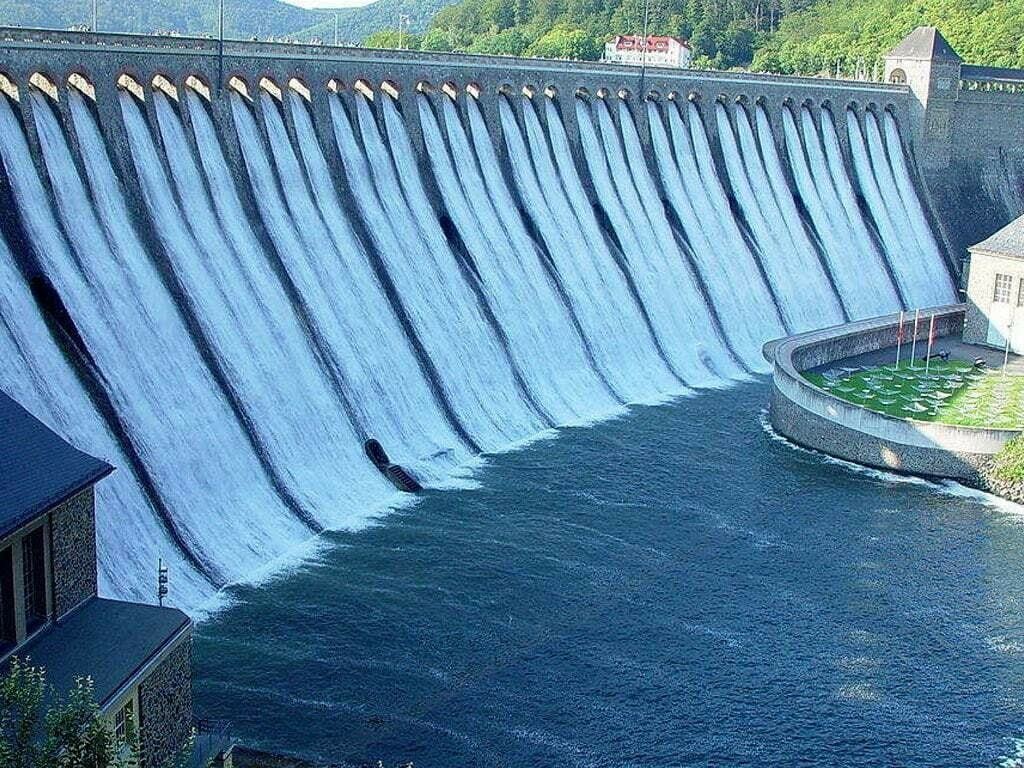The Kishanganga and Ratle hydroelectric power projects are a violation of the Indus Basin Treaty
After the return of experts from occupied Kashmir, Pakistan will give its opinion about these power projects
Details of experts will facilitate Pakistan’s legal case. Foreign Office Spokesman
ISLAMABAD ( WEB NEWS )
Pakistani experts are inspecting the Kishan Ganga and Ratle hydroelectric power projects in Occupied Kashmir under the Indus Basin Agreement. Pakistan should inform its opinion and results regarding the use of water in India upon the return of its experts. Currently, a delegation of Pakistani experts is on a visit to Occupied Kashmir along with neutral experts. Spokesperson of the Foreign Office in Islamabad, Mumtaz Zahra Baloch, said during the weekly briefing on Friday that Pakistan will inform about the results after the visit to Occupied Kashmir under the Indus Basin Agreement. Spokesperson of the Foreign Office said in a conversation with the news portal that the issue of Kishanganga and Ratle Hydroelectric Power Projects has been raised before the neutral expert and arbitration court. After the completion of the visit, the experts will give their findings, after which Pakistan will comment on the matter. The spokesperson said that our experts are there who will take details of these projects, which will facilitate Pakistan’s legal case. Our case is that both the projects are in violation of the Indus Basin Agreement. Mumtaz Zahra further said that Pakistan has already presented its case in The Hague and we will give our legal stand at the next hearing of the neutral expert. Spokesman Foreign Office He further said that the visit to Indian-administered Kashmir, which began on June 19 under the Indus Basin Agreement, is ending on June 28.
He said that under this agreement, India cannot build a dam on the waters of Sindh, which would obstruct the supply of water to Pakistan and both projects are in violation of this agreement. In 1960, between Pakistan and India, the Indus and other rivers were to be equitably distributed.
The Indus Basin Agreement was reached, under which India would have greater control over the three rivers flowing into Punjab, the Ravi, the Sutlej, and the Beas, while the rivers originating from Jammu and Kashmir (the Chenab, the Indus, and the Jhelum) would be controlled by India.
Pakistan will have control, which means it will be allowed to use more water. Although this agreement is in place, there have been reservations on this issue from both countries.

